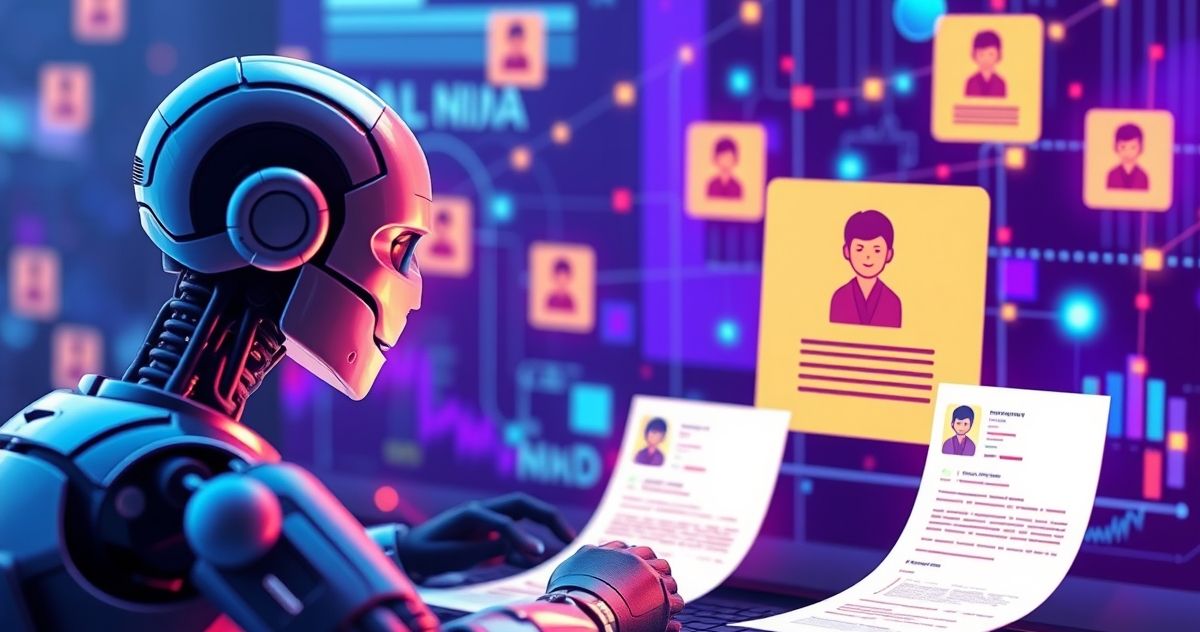How automation is changing internships and entry-level roles is a topic that deserves serious attention. In the past, these positions were often gateways to hands-on learning and long-term career growth. But thanks to rapid developments in AI and automation, the traditional experience of interns and junior employees is shifting fast.
Let’s dig into how automation is influencing the early career landscape, and what it means for both employers and job seekers.
The Rise of Automation in the Workplace
From automated data entry tools to AI-driven customer service bots, businesses are adopting technologies that perform tasks once done by entry-level employees. According to a report by McKinsey & Company, about 30% of activities in 60% of occupations could be automated with current technology.
This means that tasks typically assigned to interns—like scheduling, research, data entry, or even drafting reports—can now be completed faster and with fewer errors by automation tools.
What This Means for Interns and Entry-Level Talent
1. Fewer Traditional Tasks
Interns might not be stuffing envelopes or entering spreadsheets anymore, but that’s not necessarily a bad thing. Instead, there’s more focus on strategy, creativity, and problem-solving—skills that automation can’t easily replicate.
2. Upskilling Is Essential
Employers are now looking for interns and entry-level hires who come with digital literacy, adaptability, and a basic understanding of emerging tech. Interns who can use project management tools, understand automation workflows, or even work alongside AI systems will stand out.
3. More Hybrid Roles
Entry-level positions are becoming more hybrid, mixing technical knowledge with communication skills. For example, a marketing intern might need to analyze automated analytics dashboards and then craft human-centered messaging from the results.
4. Internships in Tech Are Booming
With automation on the rise, there’s increased demand for internships in data science, AI, robotics, and software development. Companies are eager to bring in young talent who can keep up with tech trends and contribute fresh ideas.
How Companies Should Adapt
Organizations must rethink their internship programs. Instead of offering outdated, repetitive tasks, they should create value-driven experiences where young professionals can:
- Learn how to collaborate with AI and automation tools
- Gain soft skills like critical thinking, teamwork, and adaptability
- Contribute to meaningful projects from day one
According to the World Economic Forum, 50% of all employees will need reskilling by 2025 as adoption of technology increases (WEF Future of Jobs Report). That starts with the youngest workers.
What Can Students and Recent Grads Do?
- Learn digital tools like Slack, Notion, or Zapier.
- Get familiar with AI platforms such as ChatGPT or Google Bard.
- Build a portfolio that shows you understand automation’s role in your field.
- Stay curious and adaptable—skills are evolving, and so should you.
Automation isn’t eliminating opportunities for interns and entry-level workers—it’s transforming them. Those who embrace this change, learn new tools, and lean into creative, human-first skills will thrive in the evolving workplace.




